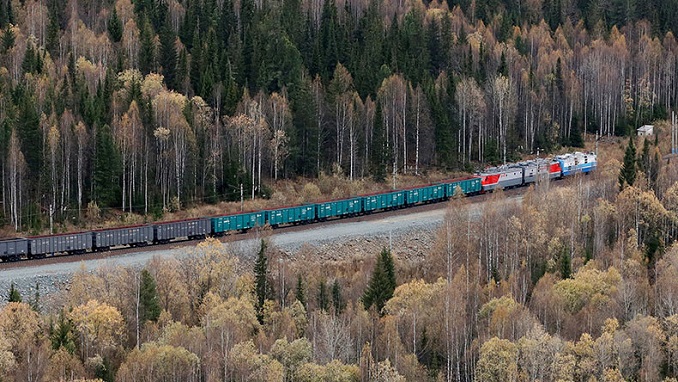According to experts interviewed by Izvestia, the implementation of Russian Defense Minister Sergey Shoigu’s idea to develop three to five new urban areas in Siberia with populations ranging from 300,000 to one million could have a significant impact on regional development and the Russian economy as a whole.
Dmitry Lesnyak, Strategic Development Director at Stroikom, pointed out that Siberia is a large but virtually uncharted and thinly inhabited region. Simultaneously, the area contains vast quantities of oil, gas, and other natural resources.
Siberia will become a well-developed area if the proposal to construct new cities is executed and they show to be genuine hubs of research and industry, according to Lesnyak.
Because Siberia now contains extractive industries that function on a rotating basis, the move will aid in the resolution of the economic development issue. “People come and go, so there is no need for local staff, colleges to educate engineers, or permanent residences,” the analyst said.
As a consequence, residents choose to relocate to the country’s more developed areas, he adds.
The development of cities will most likely halt population exodus “, Lesnyak is adamant.
According to experts, in order to attract individuals, pleasant living circumstances must be provided. According to Mikhail Khachaturyan, Associate Professor with the Management and Innovation Department at the Financial University under the Russian Government, the government will have to build social and transportation infrastructure in the new industrial hubs.
According to Vitaly Mankevich, President of the Russian-Asian Union of Industrialists and Entrepreneurs, the building of new factories in Siberia will contribute to export growth, allowing the country’s Gross Regional Product (GRP) and tax base to expand. It will assist cities in resolving problems related to aesthetics, education, and healthcare.












